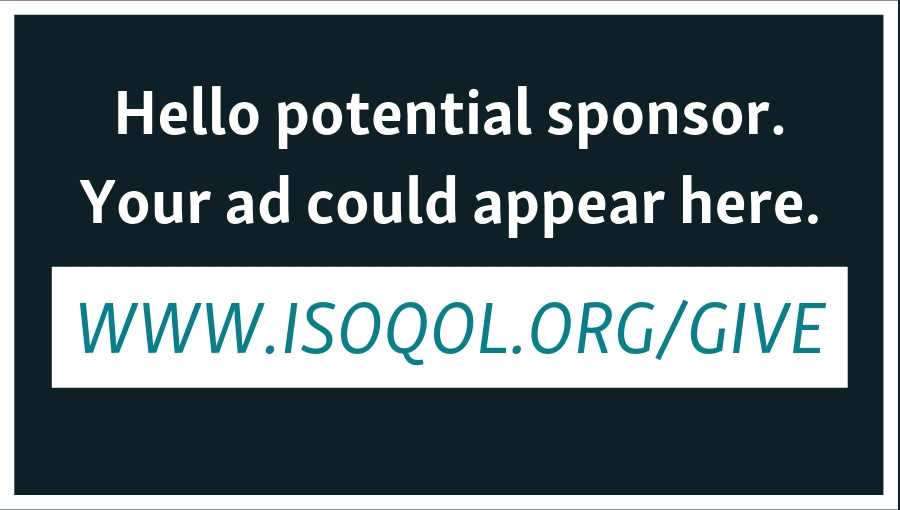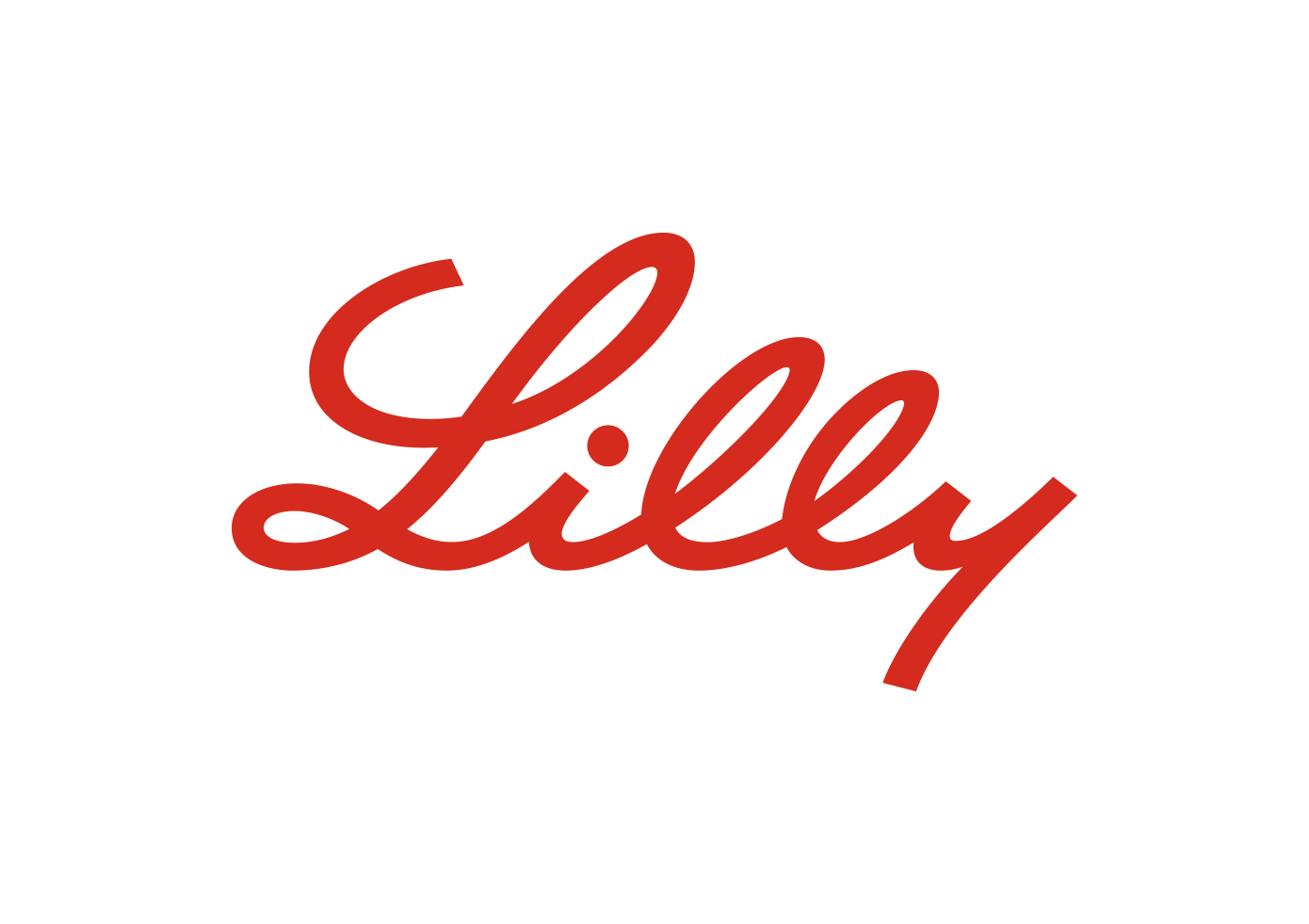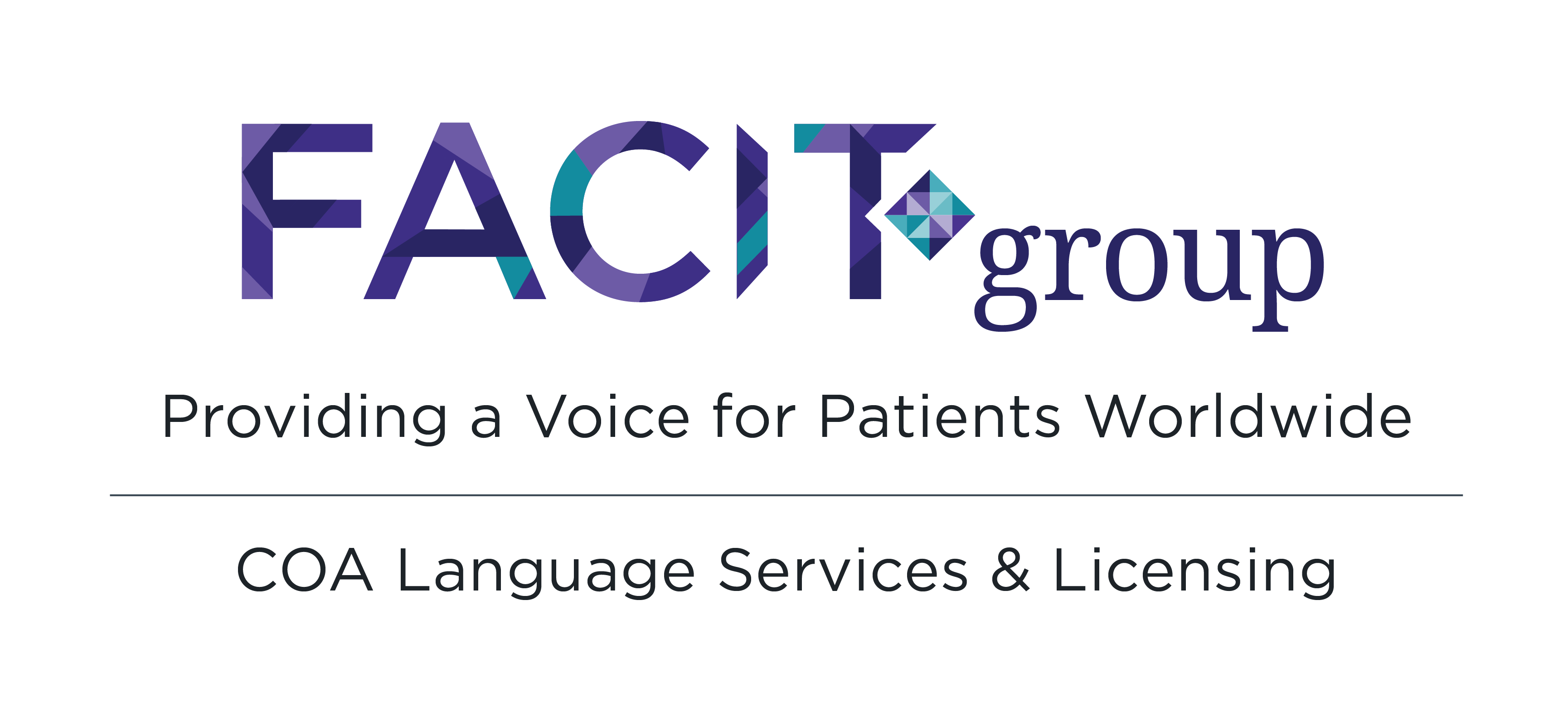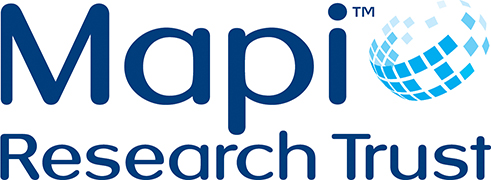Important Dates
16 July 2025:
Abstract Acceptance Notifications Sent
(Oral/Oral Brief/Poster)
30 July 2025:
Presenters notify their intent to present
(Oral/Oral Brief/Poster)
30 July 2025:
Early Bird Registration Deadline
11 August 2025:
Presenter Registration Deadline
All Presenters Must Be Registered
22 September 2025:
Advanced Registration Deadline
29 September 2025:
ISOQOL Hotel Room Block Closes
15 October 2025:
Online Registration Closes
Conference Theme
Artificial Intelligence & the Future of Quality of Life Research
Scientists worldwide are excited and concerned about the transformation of research with increasing use of artificial intelligence (AI). Given ISOQOL’s vision to improve quality of life for people everywhere by creating a future in which their perspective is integral, as well as our mission to advance the science of quality of life research, this year’s conference will focus on quality of life research in the context of artificial intelligence. Plenary sessions will focus on the theory, methods, and application of AI in quality of life research, along with cutting edge research.
Plenary Sessions
The Promise & Pitfalls of Artificial Intelligence
Speakers: Chris Gibbons, PhD; Hugo Campos; Ravi Parikh, MD MPP
What is artificial intelligence, and what does it mean for quality of life research? This session will establish a foundational understanding of AI concepts and terminology and introduce the intersection of AI and quality of life research. It will include attention to broad ethical and theoretical considerations as well as a patient perspective. Benefits and challenges of employing AI in quality of life research will be explored.
Tools of Transformation: Advancing Quality of Life Research with AI
Speakers: Hudson Golino; Tina Hernandez-Boussard, PhD; Amrita Basu, PhD
The methods we use to develop, validate, and analyze patient-reported outcome measures will evolve with the increasing use of artificial intelligence. This session will present the most promising AI tools and methodologies for quality of life researchers. The ways in which artificial intelligence will complement and advance the field of quality of life research will be explored, and case studies will provide insights into how AI is already being used to enhance quality of life research.
Breaking Tradition: Disrupting Quality of Life Research with AI
Speakers: Christopher Forrest, MD PhD; Kevin Lybarger, PhD; Christine Guo, PhD
Artificial intelligence is poised to revolutionize how the patient experience is captured and interpreted in clinical research and in clinical practice. This session will examine how AI-driven approaches might redefine, or even replace, traditional methods in patient-centered outcomes research. Speakers will explore the disruptive potential of AI, focusing on emerging innovations and their implications for the field of quality of life research.
Cutting Edge Research
The Cutting Edge Research plenary session features some of the highest-ranked, innovative research from ISOQOL abstract submissions. In particular, these abstracts reflect research that truly “pushes the ISOQOL envelope” in providing new and different ways to look at quality of life.
Scientific Program Committee Co-Chairs

Kathryn E. Flynn, PhD
Medical College of Wisconsin
Milwaukee, Wisconsin, United States

Elizabeth Tschosik, PhD
Genentech
Hinsdale, Illinois, United States
Our 2025 Sponsors
SILVER SPONSORS
BRONZE SPONSORS
EXHIBITORS
Special thanks to our past sponsors.
Interested in being a sponsor? Learn more here.

The International Society for Quality of Life Research (ISOQOL) is a global community of researchers, clinicians, health care professionals, industry professionals, consultants, and patient research partners advancing health related quality of life research (HRQL).
Together, we are creating a future in which patient perspective is integral to health research, care and policy.






